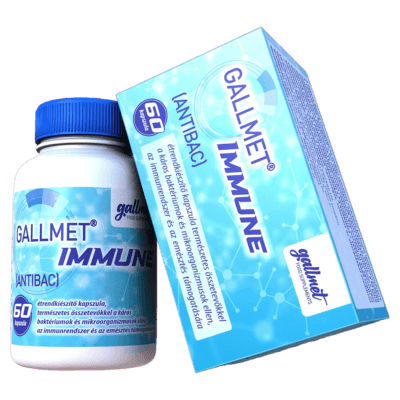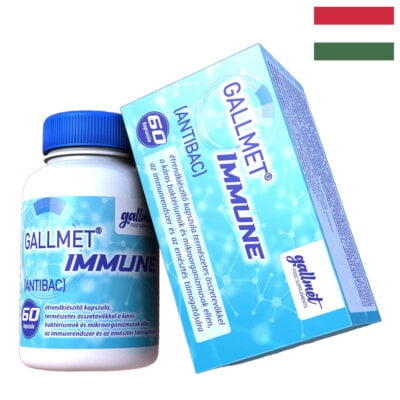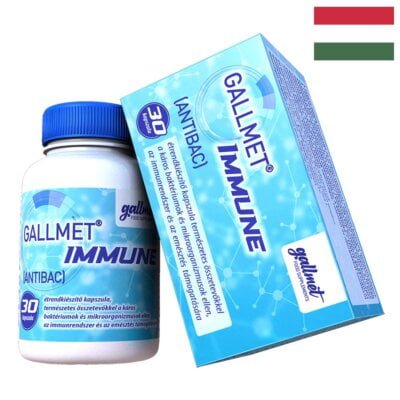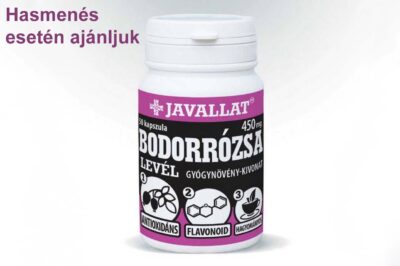A large-scale, multicentre, double-blind trial of ursodeoxycholic acid in patients with chronic hepatitis C

Herunterladen - PDF
Abstract
Background:
Combined pegylated interferon and ribavirin has improved chronic hepatitis C(CH-C) therapy; however, sustained virological response is achieved in only about half of thepatients with a 1b genotype infection. We assessed oral ursodeoxycholic acid (UDCA) onserum biomarkers as a possible treatment for interferon non-responders.
Methods:
CH-C patients with elevated alanine aminotransferase (ALT) were assignedrandomly to 150 (n = 199), 600 (n = 200) or 900 mg/day (n = 197) UDCA intake for 24 weeks.Changes in ALT, aspartate aminotransferase (AST) and gamma-glutamyl transpeptidase (GGT)were assessed. This study is registered at ClinicalTrial.gov, identifier NCT00200343.
Results:
ALT, AST and GGT decreased at week 4 and then remained constant during drugadministration. The median changes (150, 600 and 900 mg/day, respectively) were: ALT, -15.3,-29.2 and -36.2%; AST, -13.6, -25.0 and -29.8%; GGT, -22.4, -41.0 and -50.0%. Thesebiomarkers decreased significantly less in the 150 mg/day than in the other two groups.Although changes in ALT and AST did not differ between the 600 and 900 mg/day groups, GGTwas significantly lower in the 900 mg/day group. In subgroup analysis, ALT decreasedsignificantly in the 900 mg/day group when the baseline GGT exceeded 80 IU/l. Serum HCV-RNA did not change in any group. Adverse effects were reported by 19.1% of the patients, withno differences between groups.
Conclusion:
A 600 mg/day UDCA dose was optimal to decrease ALT and AST levels inCH-C patients. The 900 mg/day dose decreased GGT levels further, and may be preferable inpatients with prevailing biliary injuries.
Source:https://www.ncbi.nlm.nih.gov/pubmed/17573387 – 2007
Az oldal nyomtatásához kattintson az ikonra: [print-me]










